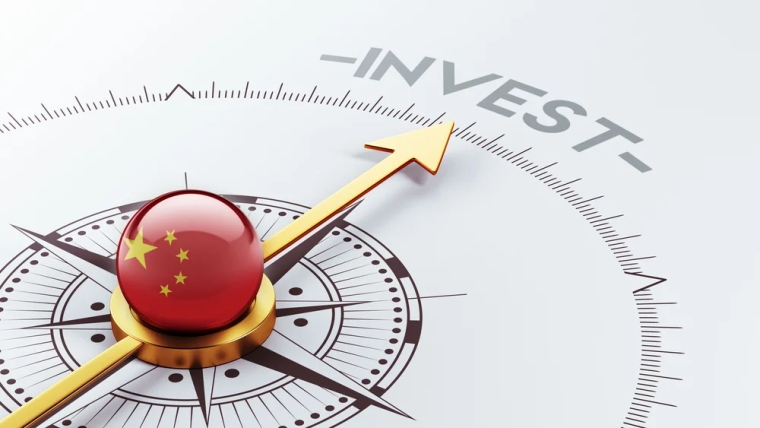
China has been making headlines in 2023 for all the wrong reasons. Following its hard line pandemic response, the economy has been beset by a deepening property crisis, geopolitical tensions and rising unemployment. Courtesy of an anemic birth rate, it even gave way to India as the world’s most populous country.
As a result, growth expectations for the Chinese economy have been revised down sharply, the renminbi has fallen to 16-year lows against the US dollar, and the country’s share market has been among the worst performers this year.
Many economists and financial pundits have declared we’ve reached peak China, a view seemingly shared by US president Joe Biden who said the country was a “ticking time bomb.” But for long-term investors, sin-binning the world’s second largest economy might prove to be a mistake.
Peak growth is different from a peaking economy. It’s unrealistic to expect a country of 1.4 billion people to maintain an annual GDP growth rate of 9% (the average over the past 40 years), especially when a sizable chunk of recent growth has come from a feverish construction boom. Yet even at China’s pared down growth forecasts of about 4-5% for 2023-24, that’s still comfortably higher than the projected global growth rate of 2-3%.
The collapsing property market is undoubtedly the biggest current drag and future downside risk to China’s economy, with the sector now paying the price for a decade of overbuilding. The importance of property to citizens’ balance sheets means household wealth has suffered a major setback, and due to the magnitude of the overbuild, we don’t see the construction sector or homeowner confidence rebounding any time soon.
And Beijing appears to be okay with that, for now. The stimulus it recently put in place – lowering minimum mortgage down payments, lowering interest rates on new mortgages -- seem designed to settle the market rather than spark another unsustainable property boom. It might not be enough to satisfy the middle classes, something the government will have to manage carefully, but restraint is necessary to avoid another bubble developing.
While the property market is suffering, other parts of the Chinese economy, such as manufacturing and the services sector, are showing encouraging signs. This will be welcomed by the government as it seeks to engineer a shift from property and infrastructure led growth to a consumer-based economy.
The country is also finding new growth engines, such as its leading position in electric vehicles. China sells more than half the electric and hybrid vehicles in the world, and its biggest EV company - BYD - is giving Tesla a run for its money in terms of global EV sales. The cars are decent, too, with BYD’s Atto winning 2022’s NZ Car of the Year from the Motor Writers Guild.
China also dominates the EV battery supply chain, from the procurement and refinement of raw materials to large scale battery production. Even with incentives from the IRA, the US has a long way to catch up.
The country’s determination to be a technology leader is also showing green shoots, with telecom equipment maker Huawei Technologies recently unveiling new smartphone models with locally sourced chips.
From an investment perspective, we still view China is an important market for any serious multinational company. Heavyweight blue-chip stocks like Apple, LVMH, and Nike wouldn’t be anywhere near as attractive without a China growth angle, and we expect companies that continue to invest wisely will reap long term rewards.
Our own approach to the region in recent times has been to gain exposure through these multinationals rather than invest directly in Chinese stocks which can suffer from political interference and suboptimal governance. Some of the stocks we are most excited about, like Canadian athletic apparel company Lululemon, appear to have an extraordinary growth runway ahead of them in China. At its most recent quarterly result, the company’s sales in China were up 61% year-on-year, and it aims to double the number of stores there by 2026.
So, despite the negative headlines, we don’t believe China is on the verge of collapse. Even before the pandemic and the property slump, the economy was heading for a period of slower growth. Our view is that not only will the world’s second largest economy find its feet again, but there is plenty of money to be made in the meantime.
*Nathan Field manages the Global Thematic strategy at KiwiSaver and Wealth provider, Generate. No part of this is intended as financial advice; it is intended as general information only. Past performance is not indicative of future performance. To see a copy of Generate’s Financial Advice or Product Disclosure Statements visit generatewelath.co.nz/

We welcome your comments below. If you are not already registered, please register to comment
Remember we welcome robust, respectful and insightful debate. We don't welcome abusive or defamatory comments and will de-register those repeatedly making such comments. Our current comment policy is here.